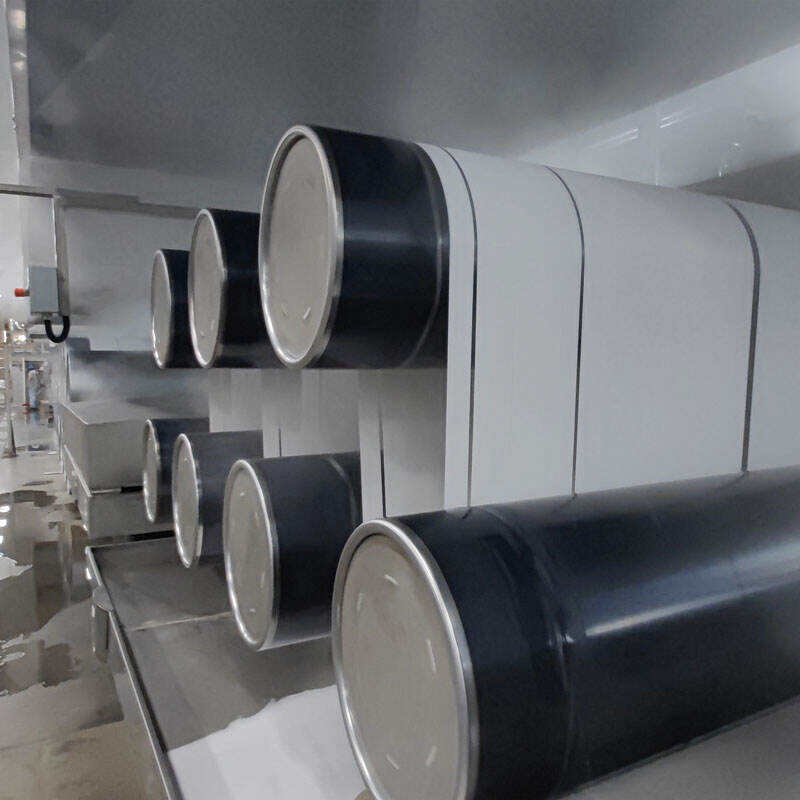
Soft Gem has emerged as a leading force in the PLA fiber production industry, offering cutting-edge solutions that blend sustainability with technological innovation. As the demand for eco-friendly textiles grows, the company’s degradable PLA staple fiber production lines have become pivotal in meeting global sustainability goals. These lines, designed to convert corn-based materials into high-quality fibers, cater to the clothing industry’s need for biodegradable fabrics. With a capacity ranging from 2 to 200 tons per day and a titer range of 0.78–25 dtex, Soft Gem ensures precision and efficiency in every production cycle. The integration of digital information technology further optimizes performance, allowing clients to monitor and adjust processes in real time for enhanced output consistency.